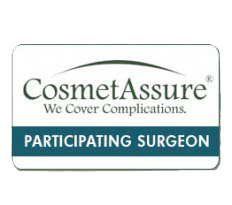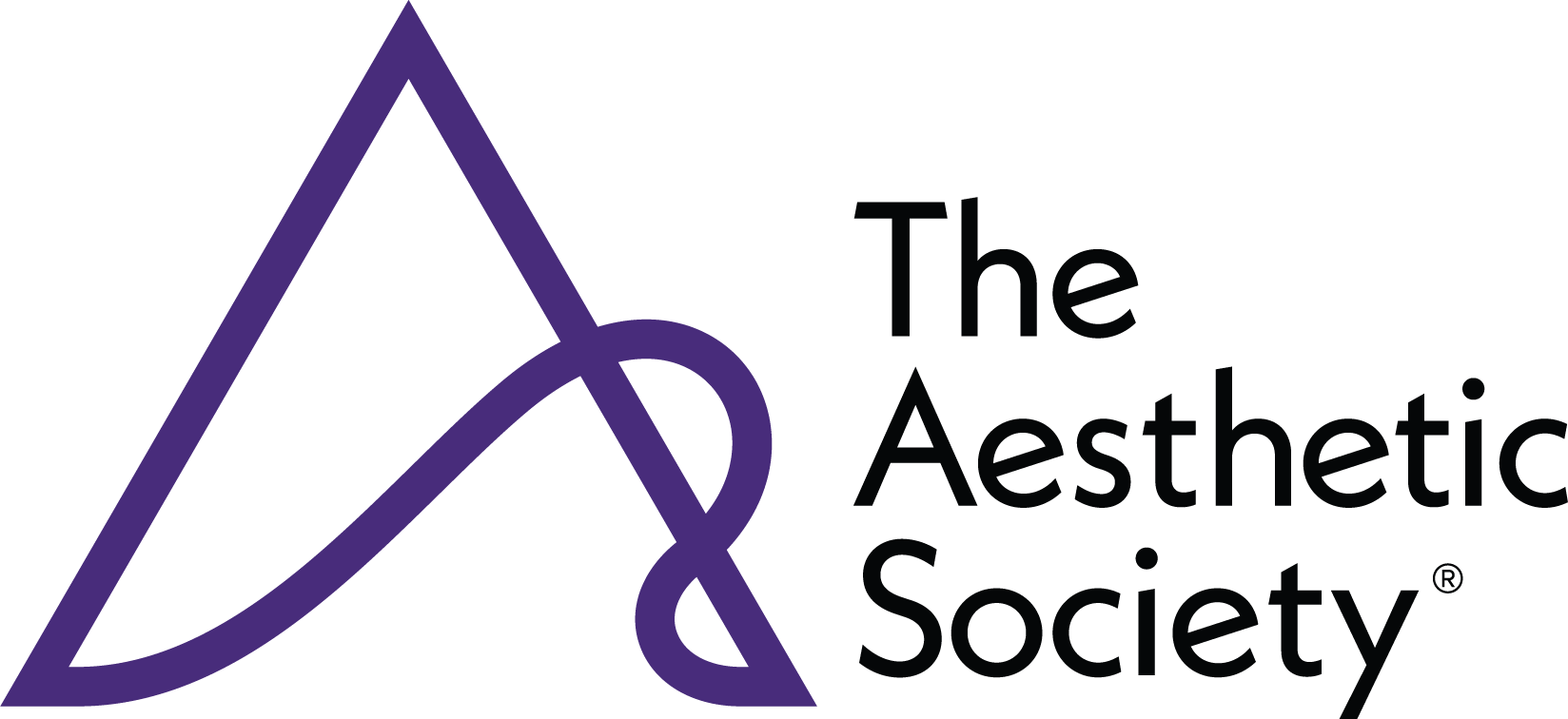Q: Are you Board certified?
Yes, I am certified by the American Board of Plastic Surgery.
Q: Do you have privileges at any hospitals?
Yes, I have admitting privileges at St. Thomas Rutherford Hospital, StoneCrest Medical Center, Hendersonville Medical Center, and Centennial Medical Center.
Q: Are you a microsurgeon?
All board certified plastic surgeons are trained in microsurgery.
Q: Who will be doing my procedure?
I perform all of my surgeries from beginning to end.
Q: How long will my surgery take?
My average capsulectomy procedure takes approximately 1-1/2 hours. If a breast lift or fat transfer is performed at the same time in the overall procedure length is approximately 2-1/2 hours.
Q: Is the cauterization technique utilized?
The electrocautery is utilized throughout the entire procedure to perform the majority of the dissection and cauterize bleeding.
Q: Will tissue be sent to pathology or cultures obtained?
Pathology (including testing for ALCL if indicated) and cultures will be obtained if something looks concerning during the procedure or both can be performed upon request by the patient prior to surgery.
Q: How many proper explants (en Bloc with total capsulectomy) have you done, approximately?
Over 300 cases in the past 2-1/2 years
Q: Do you remove implants en Bloc?
Yes, it is always preferable to remove capsules in an en bloc fashion
Q: Do you do muscle repair if needed?
Muscle repair is typically not necessary but performed when indicated
Q: Do you do a total capsulectomy?
The goal in surgery is to always perform a total capsulectomy unless doing so would compromise the safety of the patient which would only occur in very rare instances
Q: Do you use any kind of IV antibiotics when I’m under or wash me with an antibacterial solution?
Patients receive the standard preoperative dose of IV antibiotics within 30 minutes of surgery. Postoperative antibiotics are typically not indicated
Q: Are the stitches dissolvable or will they have to be removed later?
All sutures used are absorbable/dissolvable. In fact, if any permanent sutures or materials are found from previous procedures, they are removed during the capsulectomy/explant procedure.
Q: Do you or someone else offer photos and/or a recording of my en Bloc being performed and to see that a total capsulectomy was performed and nothing was left behind?
Photographs are always obtained of the capsules and implants immediately following removal from the body. Videos are also sometimes obtained for educational purposes.
Q: Do you offer Nerve Block?
A pectoral nerve block is performed during the capsulectomy procedure immediately following removal of the capsules and implants
Q: What kind of anesthetic is used during my surgery?
General anesthesia is used for the procedure and TIVA is available as well depending on the patient’s preference and indications
Q: Is anything added in with the anesthetic?
Typically, an antiemetic is used or offered
Q: Will my anesthesiologist be by my side for the entire surgery?
The anesthesia provider is with the patient at all times during surgery
Q: Where are my incisions going to be?
The incision location for the capsulectomy procedure is typically in or near the fold under the breast unless a breast lift is also being performed in which case the incisions will be around the areola and potentially vertically from the periareolar incision to the fold under the breast
Q: Do you use drains? How long do they usually stay in?
Drains are typically used in order to prevent a postoperative seroma and allow the patient to heal faster with a better, more predictable result.
Q: If my implants aren’t ruptured, do I get them back if I want them?
Implants can be returned to the patient upon request. The one exception would be a badly ruptured silicone implant which is difficult or impossible to handle and package appropriately for the patient. However, photographs would be obtained of the ruptured device.
Q: What kind of prescription medication do you prescribe?
Are any of them optional to take? For pain control, we recommend that patients begin with over-the-counter extra strength ibuprofen or Tylenol. We also prescribe gabapentin as a nonnarcotic alternative which would be added if the Tylenol or ibuprofen is insufficient. We also prescribe hydrocodone, or an alternative opioid, for severe pain. Patients also receive antiemetics, stool softeners and muscle relaxers if needed.



